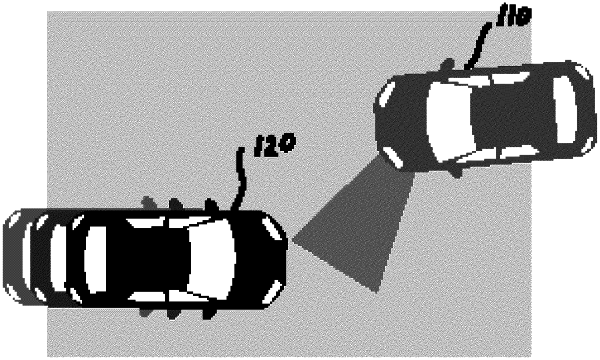| CPC B60W 60/00272 (2020.02) [B60W 30/18163 (2013.01); B60W 60/0013 (2020.02); B60W 60/0015 (2020.02); B60W 2554/4029 (2020.02); B60W 2554/4044 (2020.02); B60W 2554/4046 (2020.02)] | 26 Claims |

|
1. A method for operating an autonomous vehicle in the presence of one or more mobile entities, the method comprising:
monitoring interactions between the one or more mobile entities and/or between the autonomous vehicle and the one or more mobile entities, including for each mobile entity of the one or more mobile entities, estimating a corresponding social behavior score for said entity based at least in part on the monitored interactions;
planning an operation of the autonomous vehicle using the estimated social behavior score for each of the one or more mobile entities; and
causing the autonomous vehicle to operate according to the planned operation,
wherein planning the operation of the autonomous vehicle includes performing a computer-implemented multi-agent game-theoretically based decision process
wherein estimating the social behavior score comprises estimating a Social Value Orientation (SVO).
|